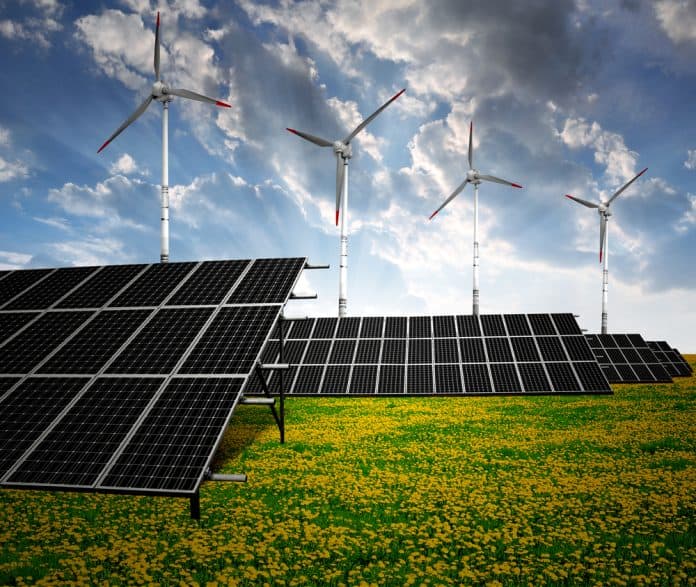The world is relying heavily on China as it transitions to greener energy.
As western nations declare the need for a green consensus and goals shift towards net-zero emissions, the pressure for businesses to utilize sustainable energy sources has intensified.
China leads globally as the largest crude steel producer in the world, producing about 56% percent of the world’s total steel supply.
What is the importance of steel in renewable energy?
Steel is considered the powerhouse of renewable energy. It is the predominant material used for wind turbine blades, making it a key component in wind energy. It is also commonly used in onshore wind farms, for the tower itself, and the house of the turbine. Offshore wind farms also use steel to support the tower’s foundations.
In addition to the factors steel plays in wind energy, it also assists in solar energy. Solar power plants use steel in their technology’s structures, where solar photovoltaic (PV) modules are attached.
As well as being the global leader in steel production, China also produces about half of the world’s polysilicon.
How is silicon applied in sustainable energy sources?
Silicon is the most frequently used semiconductor for solar panels, making it an indispensable staple for solar cell manufacturing. The cells from the crystalline silicon connect to form a crystal lattice, which then makes the conversion of sunlight to electricity more efficient. This makes silicon a fundamental material in photovoltaics.
With disruptions like the Covid pandemic, extended lockdowns due to viruses/diseases, and possible situations like plant explosions, this could lead to inconsistencies in the supply chain due to the high concentrated production mostly being in China.
Supply chain disruptions in China, and elsewhere, can delay the green energy transition.
As supply chain delays arise, the cost of steel and other raw materials such as silicon can increase, making firms scramble and slow the acceleration of green energy growth.
With the push for the growth of renewable energy systems and sustainable energy experts advocating for a more-resilient supply chain, will frequent supply chain disruptions in China stall the supply of these crucial materials? If so, can the world wait to relieve the reliance of fossil fuels due to these disruptions?




